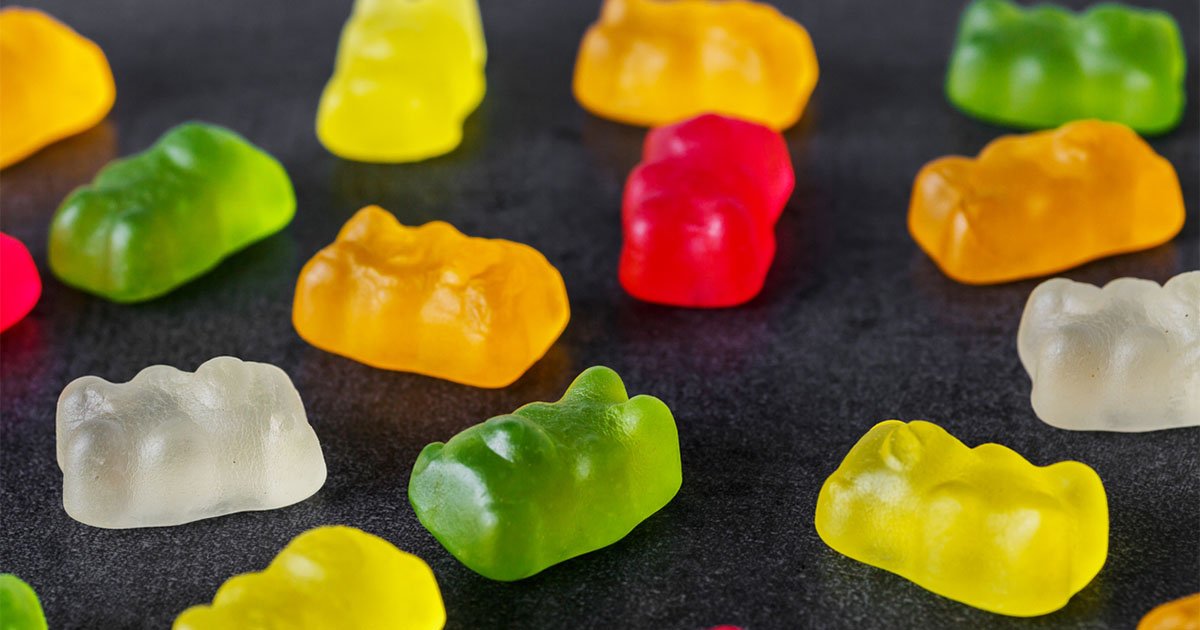While adult-use cannabis is not yet widely available for legal purchase in Minnesota (apart from a handful of dispensaries located on tribal lands), there are a number of hemp-derived products with lower levels of THC—including gummies, seltzers, and supplements—that can be found in stores across the state. These products, which are capable of producing an intoxication or “high” similar to non-hemp cannabis, are available at a range of retail establishments in Minnesota, from gas stations to grocery stores to neighborhood convenience stores.
While Minnesota law requires anyone buying hemp-derived THC products to be 21 years old, a new study from the University of Minnesota School of Public Health (SPH) Cannabis Research Center (CRC) showed widespread non-compliance with this age requirement. To conduct the study, CRC researchers identified stores selling hemp-derived THC products in a large Minnesota city. Retailers included both age-restricted establishments, such as liquor stores and dispensaries, and non-age-restricted venues like convenience stores and gas stations. Between February and October of 2023, trained staff who were 21 or older (but appeared younger, as determined by a panel) attempted to purchase THC products without presenting identification at 125 stores.

Key findings of the study include:
- Among all stores, 56% failed to verify purchaser’s age and sold hemp-derived THC products to pseudo-underage individuals.
- Among the stores that primarily sold age-restricted products (hemp THC dispensaries, tobacco shops and liquor stores), 57% sold hemp-derived THC to a pseudo-underage person.
- Among stores that did not primarily sell age-restricted products (convenience stores, grocery stores, gas stations, CBD stores, vitamin stores and other types of stores), 54% sold to a pseudo-underage person.
Sales rates by store type are included in the study, available here.
“Minimum age laws are put in place for a number of reasons, including concerns about how these products may interfere with brain development among adolescents and teenagers,” says Eileen Delehanty, CRC researcher and SPH doctoral student. “The high rate of sales across types of stores suggests that underage youth could easily access these products, and that stronger safeguards should be put in place to prevent underage people from buying THC products.”
The study notes that in states like California and Colorado, where adult-use cannabis has been legal for a number of years, strict cannabis dispensary regulations are enforced. Research in those two states found that underage sales rates were near zero—underscoring the need for Minnesota to adopt stricter enforcement measures.
The study recommends regular compliance checks conducted by law enforcement, as well as better training of staff at all retail establishments that offer these products, as key policy steps to curb underage access.

